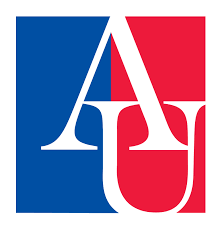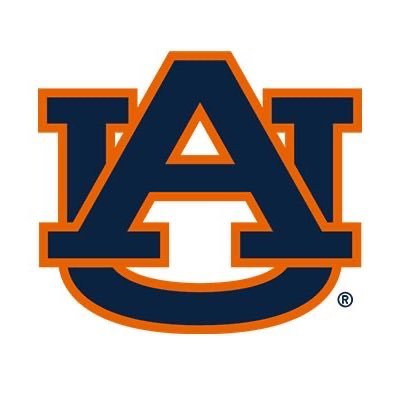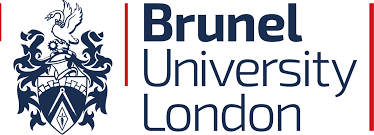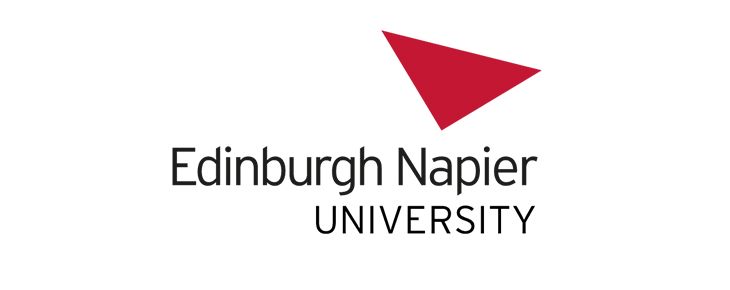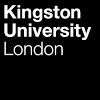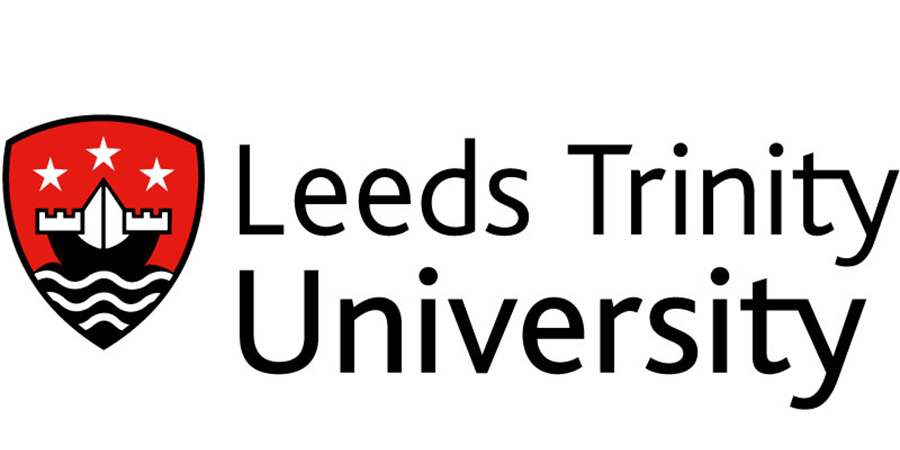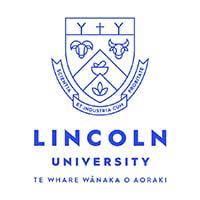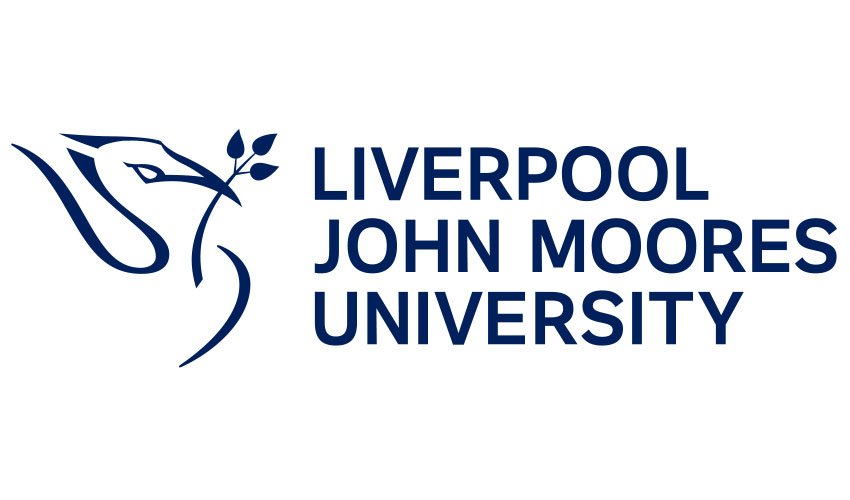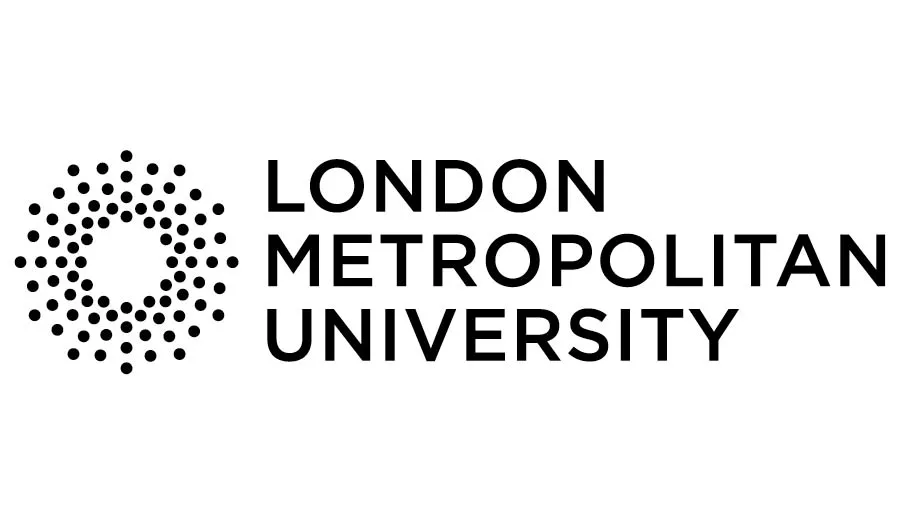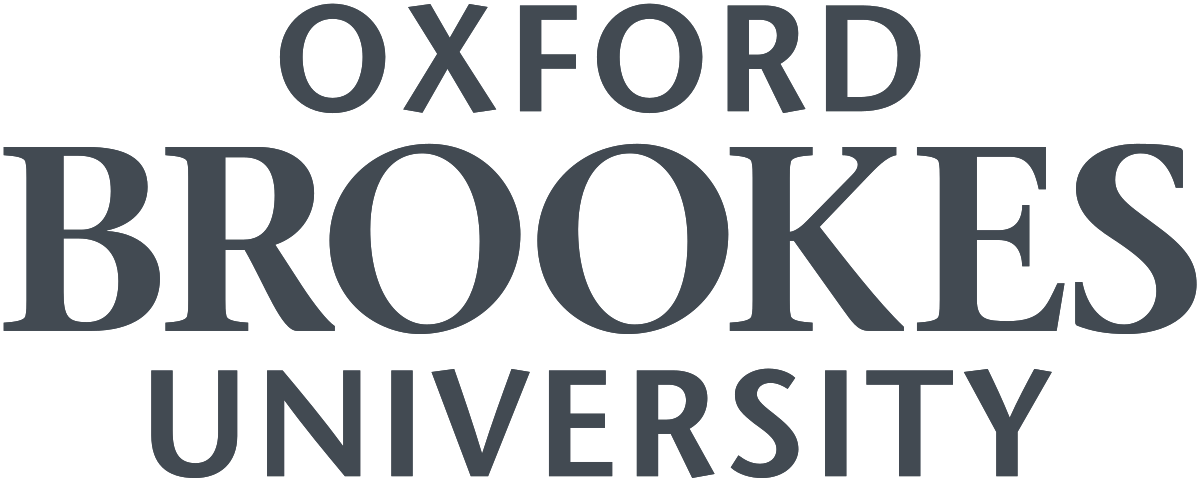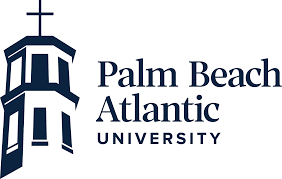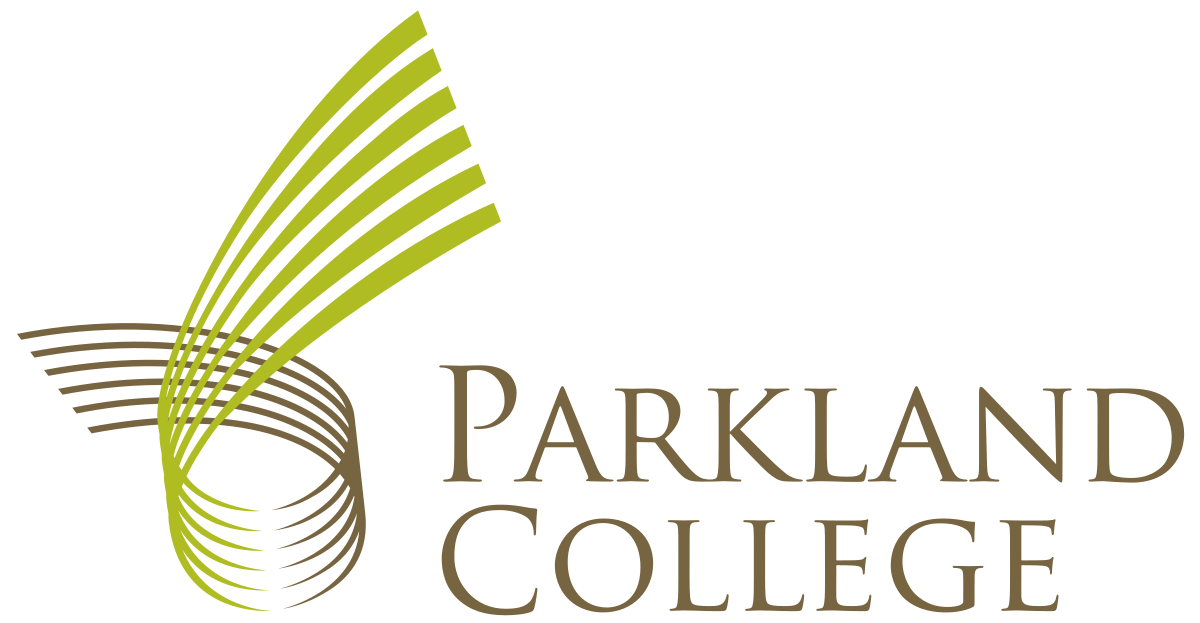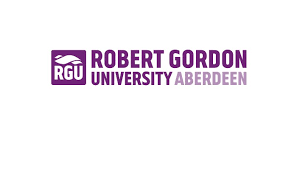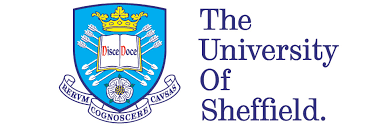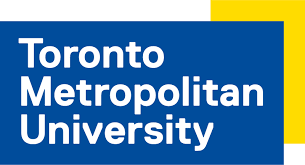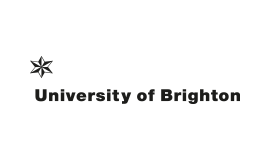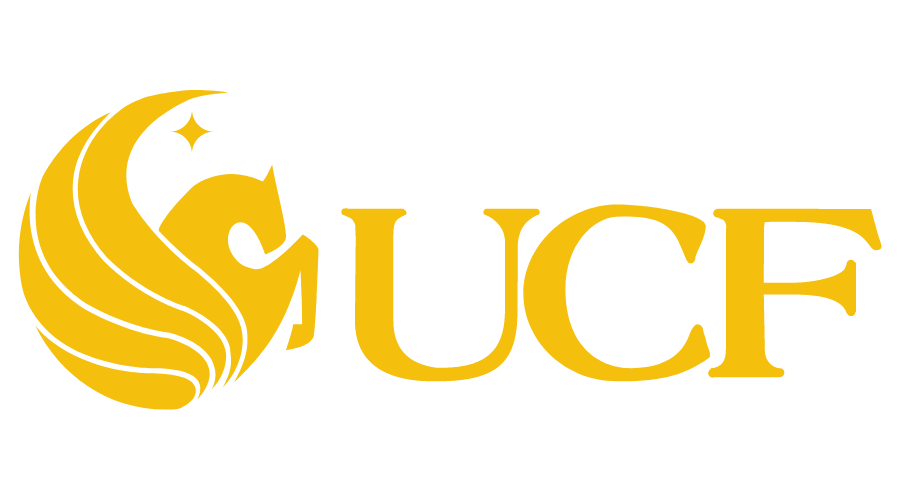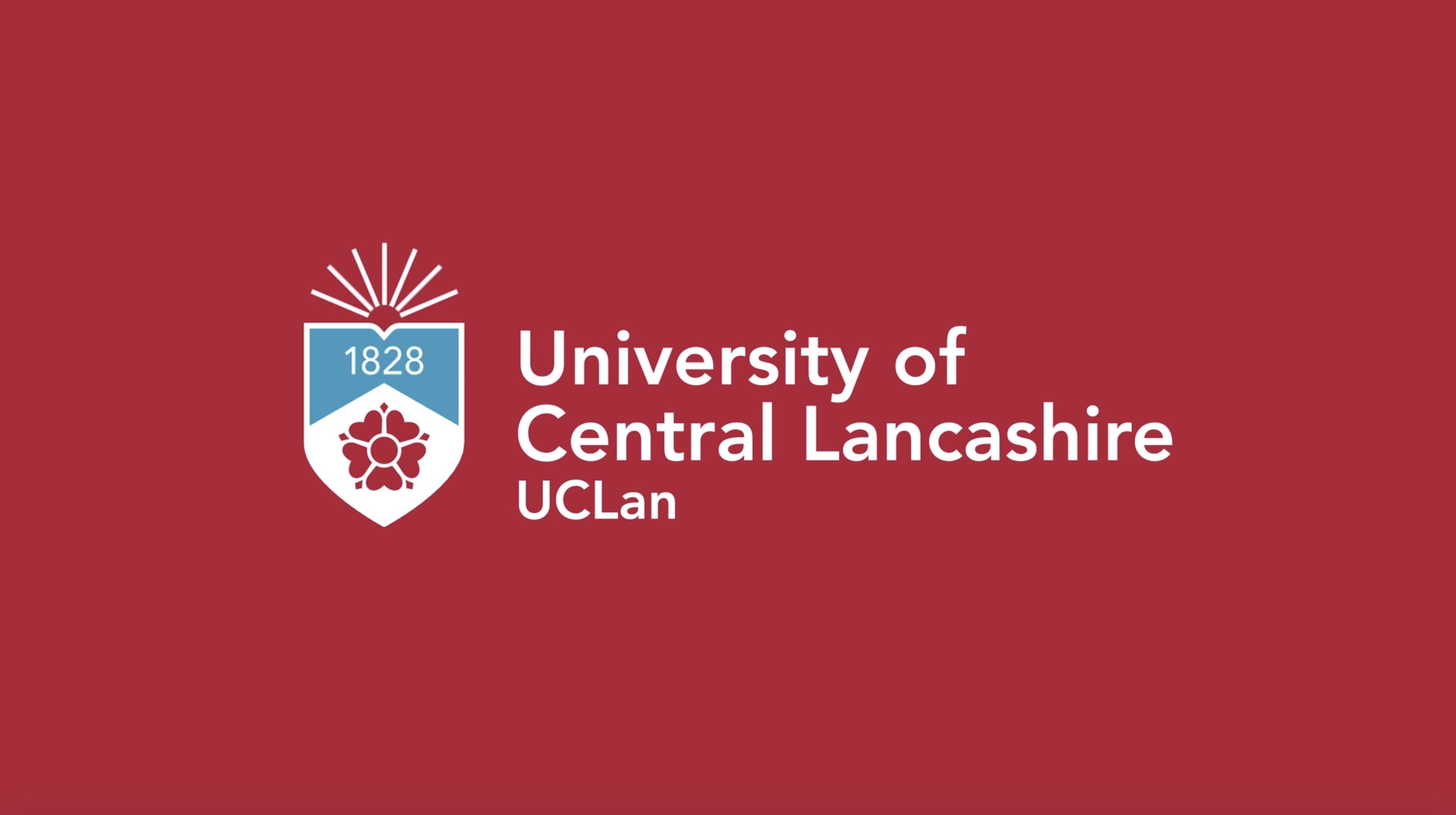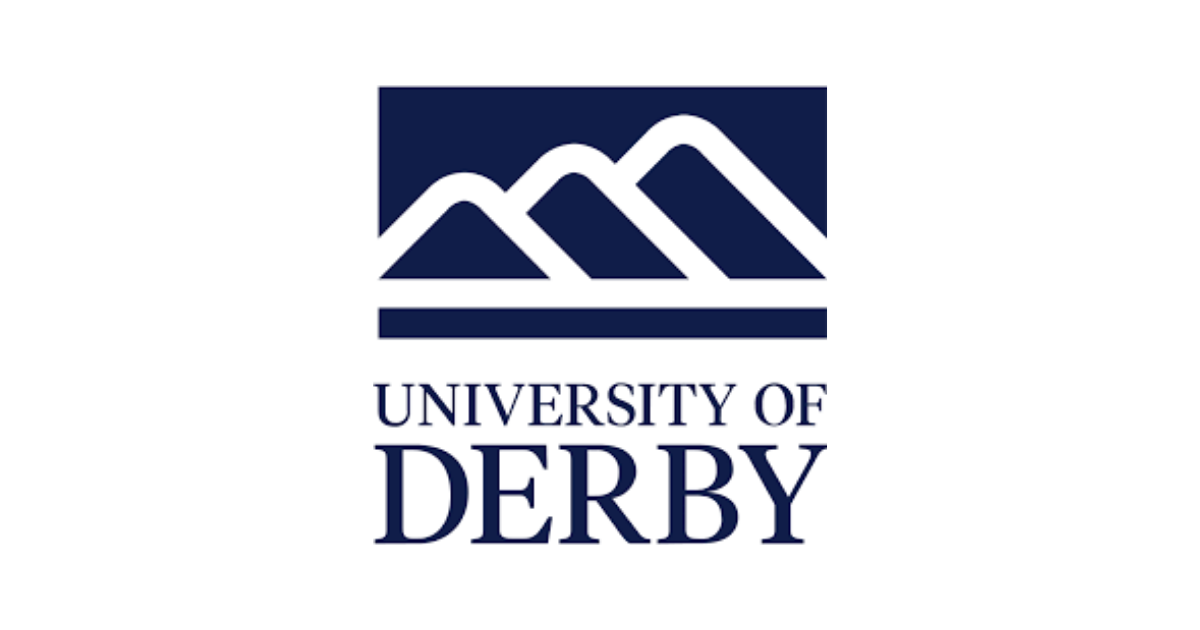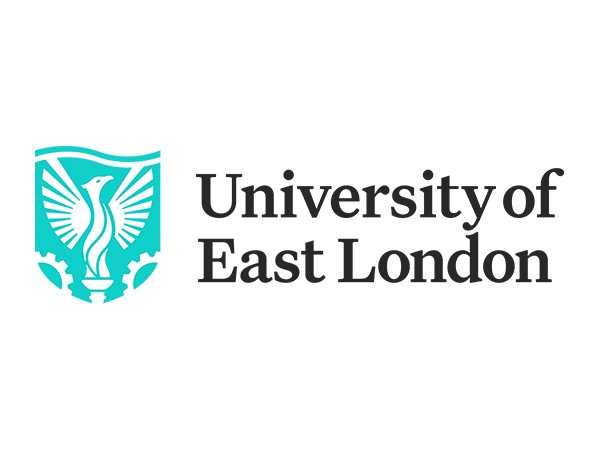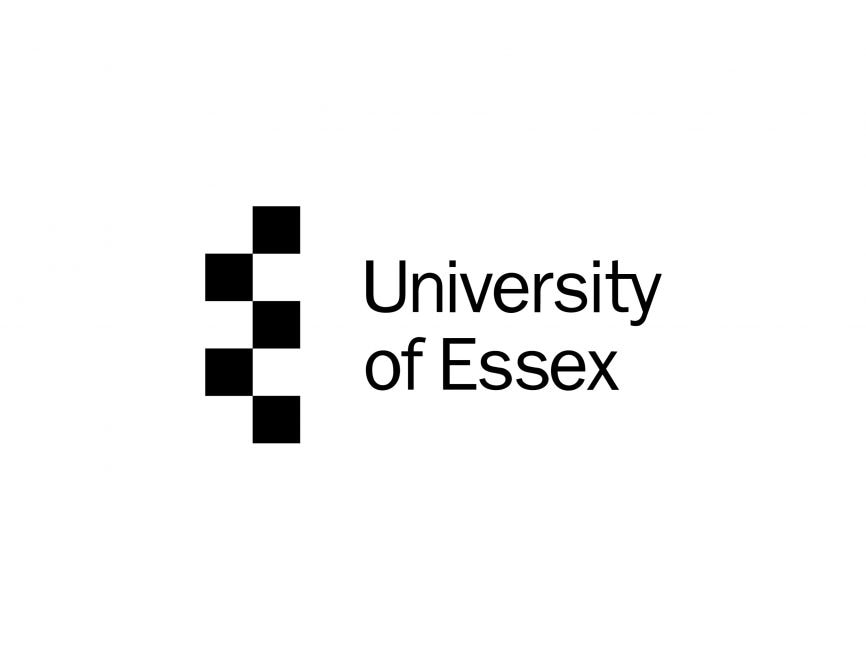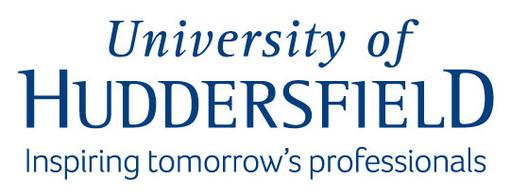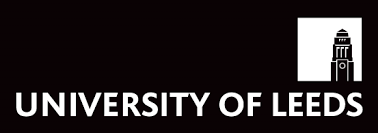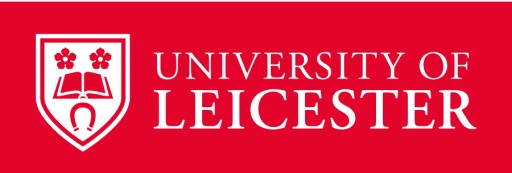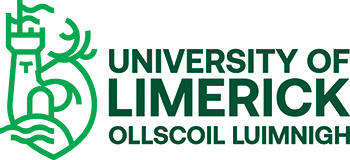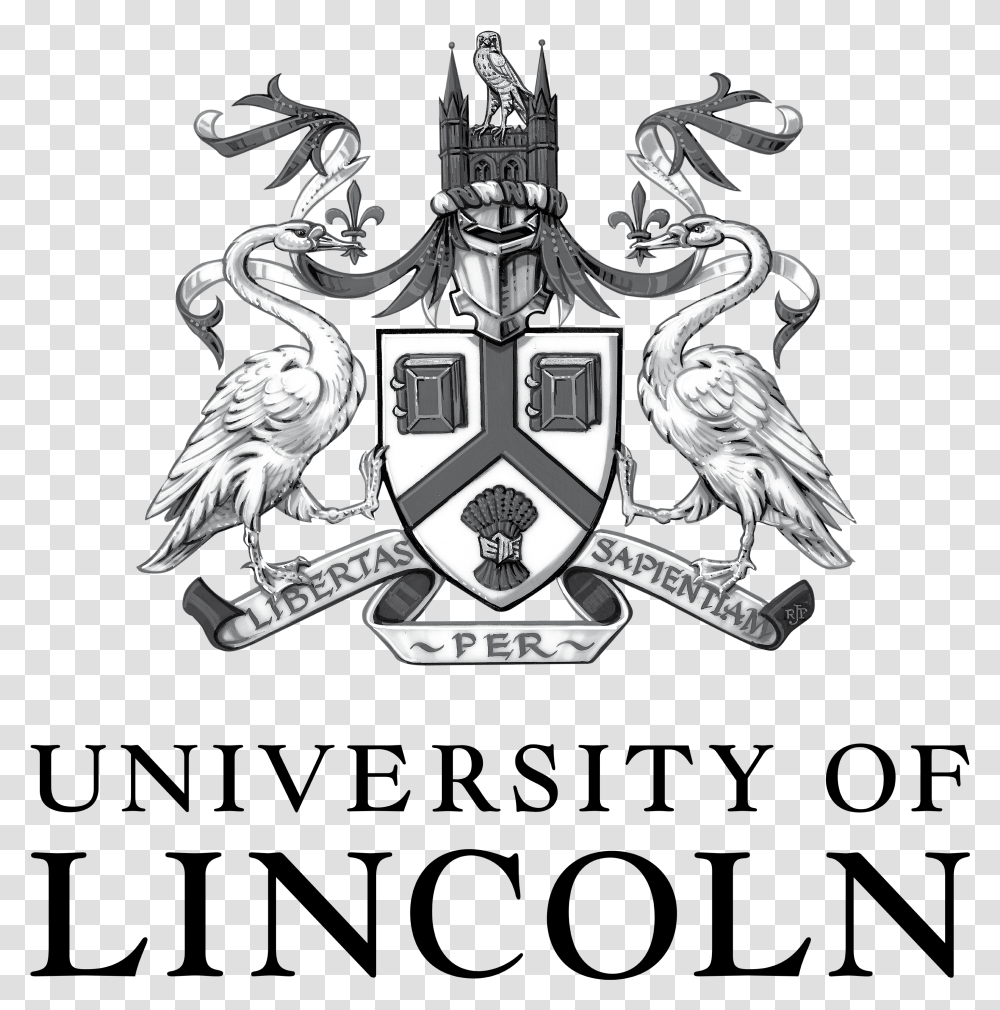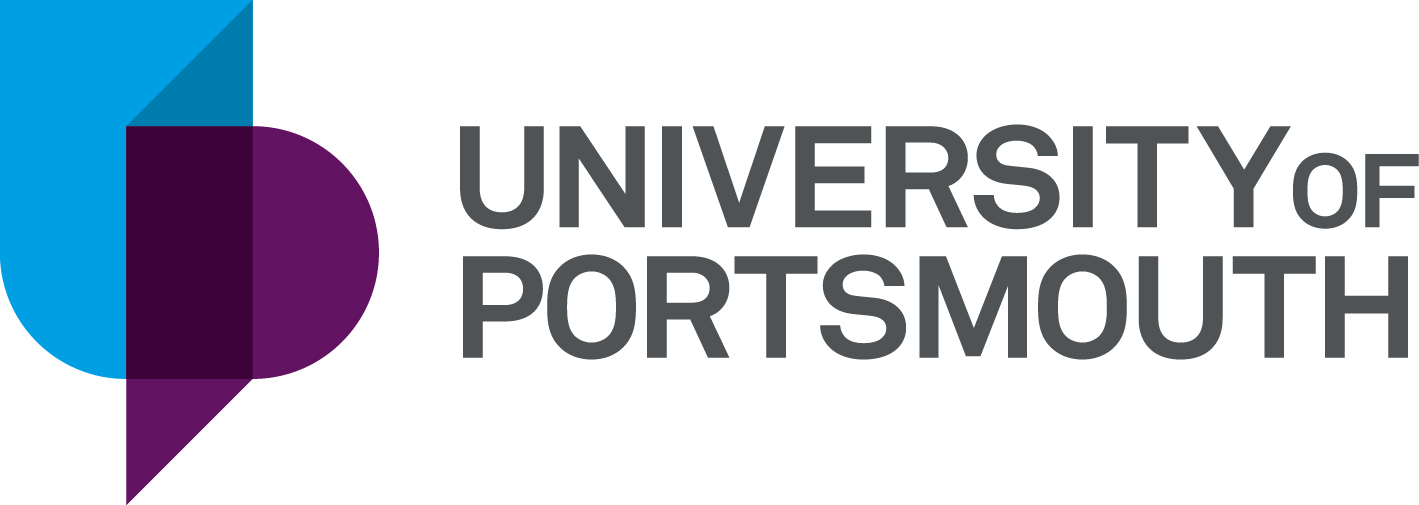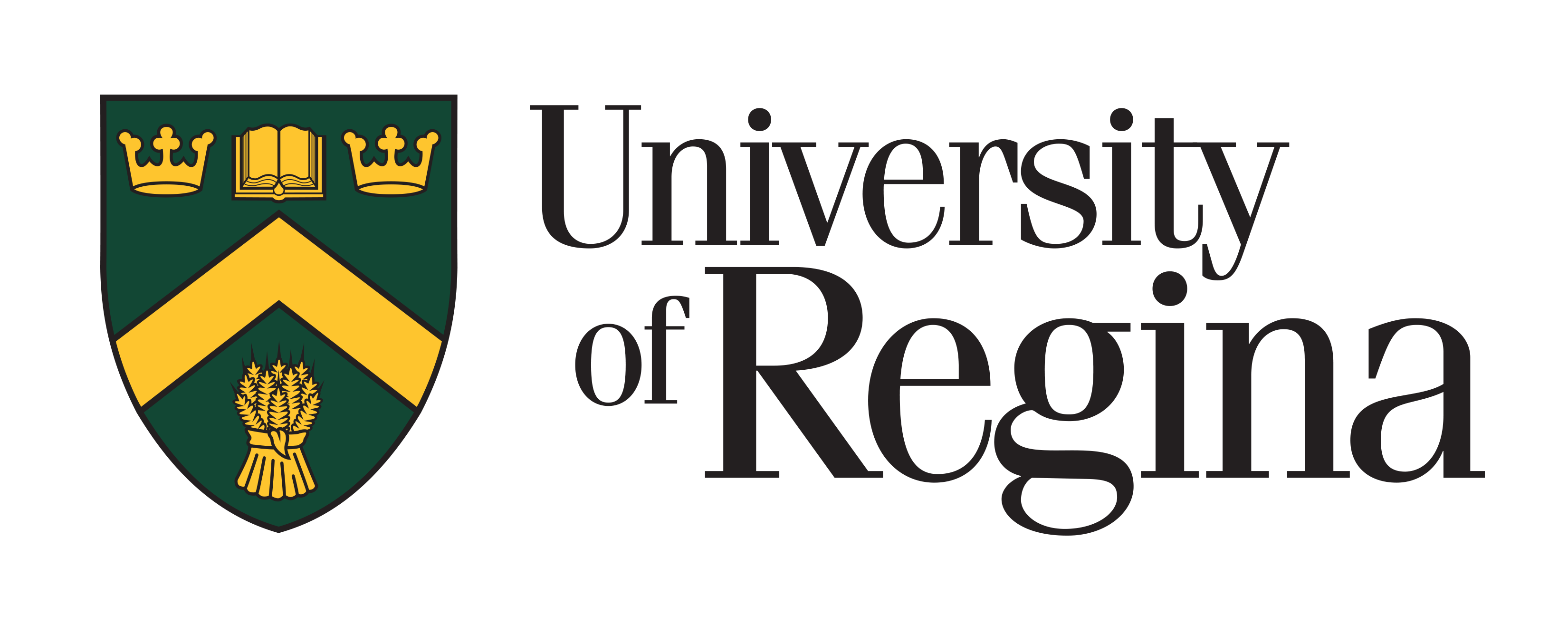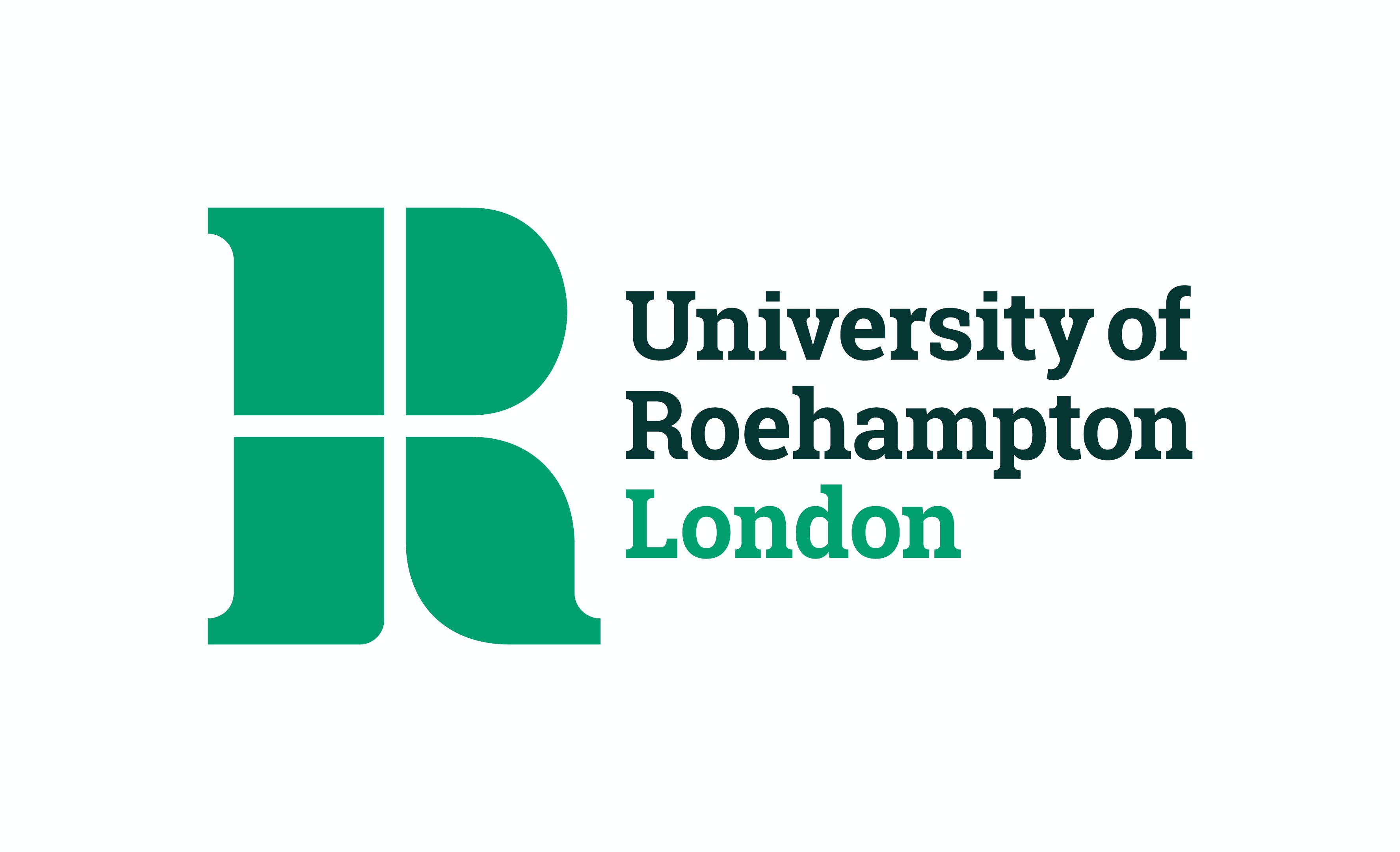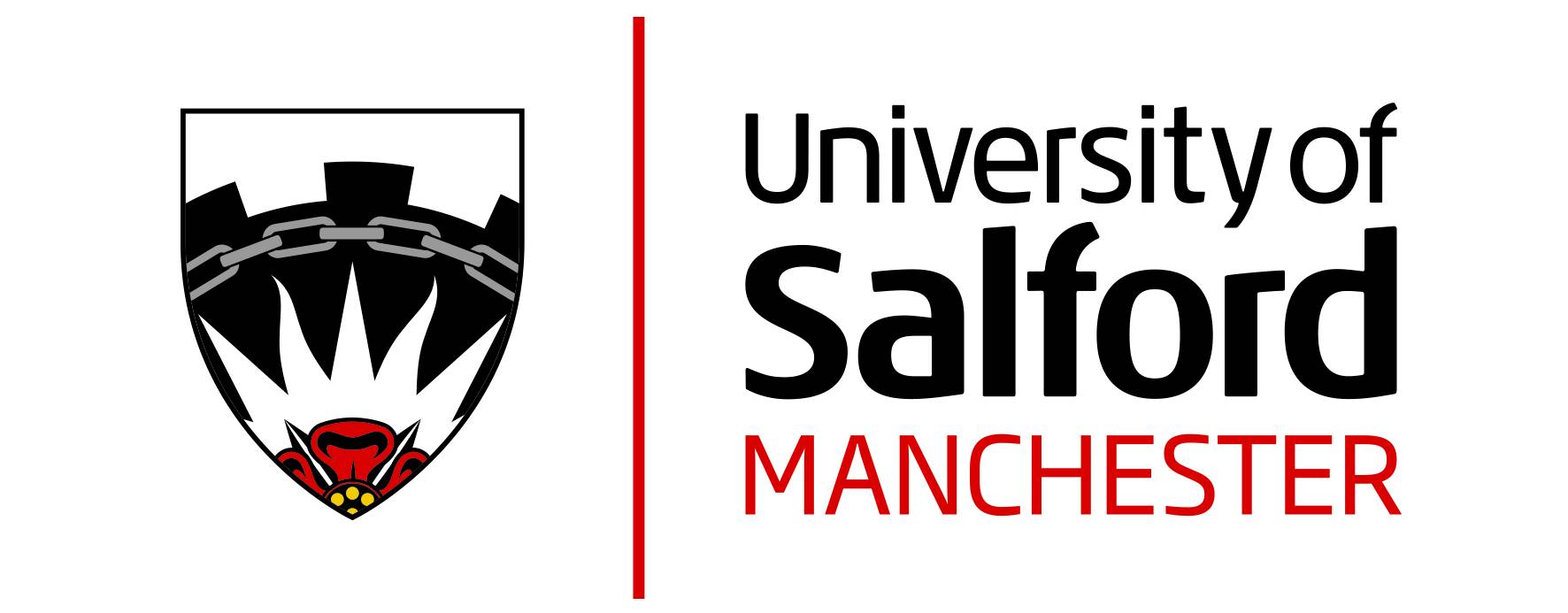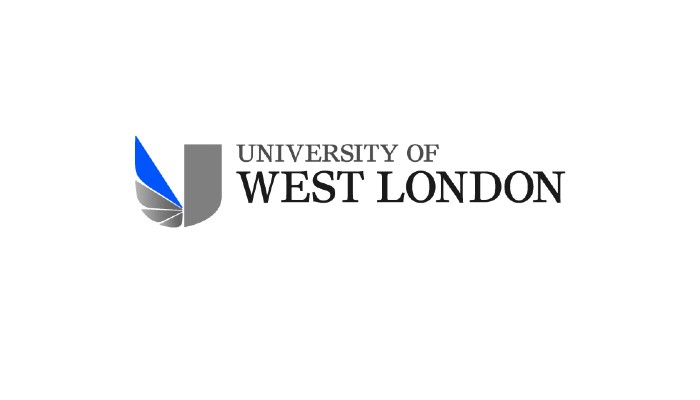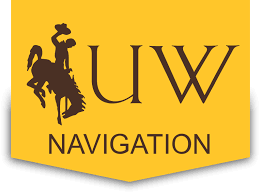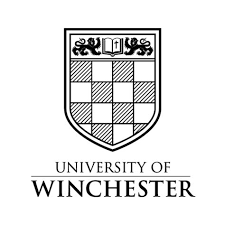Journalism: A Global Perspective for Indian Students
Embark on an exciting journey into the world of journalism, a dynamic field that shapes public discourse, holds power accountable, and tells the stories that matter. For Indian students aspiring to study abroad, a journalism degree offers a unique opportunity to gain a global perspective, hone essential skills, and prepare for a impactful career in an ever-evolving media landscape.
This comprehensive guide will explore the myriad benefits of pursuing journalism abroad, delve into typical course structures, highlight key skills you'll develop, and outline the diverse career paths available upon graduation. Whether you envision yourself as an investigative reporter, a multimedia storyteller, a broadcast journalist, or a digital content creator, studying journalism internationally will equip you with the tools and insights to thrive.
Why Study Journalism Abroad?
Studying journalism in a foreign country provides an unparalleled educational experience, blending academic rigor with cultural immersion. Here's why it's an excellent choice for Indian students:
- Global Perspective: Gain a broader understanding of international media practices, ethical considerations, and diverse journalistic traditions. This global outlook is invaluable in today's interconnected world.
- Exposure to Diverse Media Landscapes: Experience different newsrooms, broadcasting studios, and digital media environments, learning from varied approaches to storytelling and content creation.
- Enhanced English Language Proficiency: Immerse yourself in an English-speaking environment, significantly improving your written and spoken communication skills – crucial for any journalist.
- Networking Opportunities: Connect with international faculty, industry professionals, and fellow students from around the globe, building a valuable professional network.
- Specialized Programs: Access specialized courses and cutting-edge facilities that might not be available in India, such as advanced data journalism, virtual reality storytelling, or specific regional media studies.
- Personal Growth: Develop independence, adaptability, and cross-cultural communication skills, which are highly sought after by employers worldwide.
What to Expect: Course Structure and Subjects
Journalism programs abroad are typically structured to provide a strong foundation in journalistic principles, practical skills, and media theory. While specific modules may vary between institutions, you can generally expect a blend of theoretical lectures, hands-on workshops, and real-world projects.
Core Modules Often Include:
- Introduction to Journalism: Understanding the history, ethics, and principles of journalism.
- News Reporting and Writing: Mastering the art of finding, verifying, and writing compelling news stories for various platforms.
- Feature Writing: Developing skills in long-form storytelling, interviews, and narrative techniques.
- Broadcast Journalism: Learning about radio and television news production, including scriptwriting, interviewing for broadcast, and presenting.
- Digital Journalism & Multimedia Storytelling: Exploring online news platforms, social media journalism, podcasting, videography, and interactive content creation.
- Media Law and Ethics: Understanding legal frameworks, libel, copyright, privacy, and ethical dilemmas faced by journalists.
- Investigative Journalism: Techniques for in-depth research, data analysis, and uncovering hidden truths.
- Photojournalism: The art and ethics of visual storytelling through photography.
- Public Relations and Strategic Communication: An introduction to corporate communications and media relations.
- Media Theory and Criticism: Analyzing the role of media in society, media effects, and critical approaches to news.
Practical Experience is Key:
Most programs emphasize practical application. You'll often have opportunities to:
- Work in student newsrooms, producing content for university publications, websites, or broadcast channels.
- Undertake internships with local or international media organizations.
- Produce portfolios of your work, including articles, broadcasts, podcasts, and multimedia packages.
- Engage in live reporting from campus events or local communities.
Key Skills You Will Develop
A journalism degree equips you with a versatile skill set that is valuable not only in media but across various industries. Here are some of the core competencies you'll acquire:
| Skill Category | Specific Skills Developed |
|---|---|
| Communication |
|
| Research & Analysis |
|
| Digital Fluency |
|
| Ethical & Legal Acumen |
|
| Adaptability & Resilience |
|
| Collaboration |
|
Career Opportunities for Journalism Graduates
The media industry is dynamic and constantly evolving, offering a wide array of career paths for skilled journalism graduates. Your international education will give you a competitive edge, opening doors to both traditional and emerging roles.
Traditional Roles:
- Reporter/Correspondent: Reporting for newspapers, magazines, news wires, or online publications.
- Broadcast Journalist: Working in television or radio as a reporter, presenter, producer, or editor.
- Sub-Editor/Copy Editor: Ensuring accuracy, clarity, and adherence to style guides in publications.
- Photojournalist: Capturing compelling images to accompany news stories and features.
Emerging and Digital Roles:
- Digital Content Creator: Producing engaging content for websites, blogs, and social media platforms.
- Social Media Manager: Managing and strategizing social media presence for news organizations or brands.
- Podcast Producer: Creating and editing audio content for news, entertainment, or educational purposes.
- Multimedia Journalist: A versatile role combining writing, photography, videography, and audio production for online platforms.
- Data Journalist: Using data analysis and visualization to tell compelling stories.
- Fact-Checker: Verifying information for news organizations and combating misinformation.
Related Fields:
The skills gained in journalism are highly transferable, allowing graduates to pursue careers beyond traditional newsrooms:
- Public Relations Specialist: Managing the public image and communication strategies for organizations.
- Marketing and Communications Manager: Developing and executing communication plans for businesses.
- Technical Writer: Creating clear and concise documentation for various products and services.
- Content Strategist: Planning and overseeing content creation for brands and organizations.
- Freelance Writer/Editor: Working independently on a variety of projects for different clients.
- Academic Researcher: Pursuing further studies in media, communication, or related fields.
Choosing the Right Program and Destination
When selecting a journalism program abroad, consider the following factors:
- Accreditation and Reputation: Research the university's standing and the journalism department's specific reputation.
- Course Curriculum: Ensure the program aligns with your interests (e.g., strong focus on broadcast, digital, or investigative journalism).
- Practical Facilities: Look for access to state-of-the-art newsrooms, studios, and editing suites.
- Internship Opportunities: Investigate the university's connections with media organizations for valuable work experience.
- Faculty Expertise: Learn about the professors' backgrounds and industry experience.
- Location: Consider the media landscape of the country or city you choose – is it a hub for journalism?
- Cost and Scholarships: Research tuition fees, living expenses, and available scholarships for international students.
Popular destinations for journalism studies include the United Kingdom, the United States, Canada, Australia, and parts of Europe, each offering unique strengths and cultural experiences.
Consider programs that offer strong ties to local media industries, providing opportunities for practical experience and networking. For instance, universities in London might have connections to major international news agencies, while those in New York could offer access to leading broadcast networks. Similarly, institutions in Australia or Canada often have robust digital media labs and strong industry partnerships.
Many universities also offer specialized tracks within journalism, such as sports journalism, science journalism, or business journalism. If you have a particular niche interest, look for programs that cater to these specializations. This can give you a significant advantage in a competitive job market.
Application Process and Requirements
The application process for journalism programs abroad typically involves submitting academic transcripts, letters of recommendation, a statement of purpose, and proof of English language proficiency (e.g., IELTS or TOEFL scores). Some programs may also require a writing sample or a portfolio of previous journalistic work. It is crucial to check the specific requirements of each university you are interested in.
A well-crafted Statement of Purpose (SOP) is vital. Use it to articulate your passion for journalism, your career aspirations, and why you believe studying abroad will help you achieve your goals. Highlight any relevant experiences, such as school newspaper contributions, blogging, or community reporting.
Life as an International Journalism Student
Studying abroad is not just about academics; it's a transformative life experience. You will:
- Experience a New Culture: Immerse yourself in the local customs, traditions, and lifestyle.
- Meet People from Around the World: Build friendships and professional connections with a diverse student body.
- Travel and Explore: Take advantage of your location to explore new cities, countries, and historical sites.
- Develop Independence: Learn to manage your finances, living arrangements, and academic responsibilities in a new environment.
Many universities offer dedicated support services for international students, including orientation programs, academic advising, career services, and cultural integration activities. Don't hesitate to utilize these resources to make your transition smoother and enrich your overall experience.
Conclusion
Pursuing a journalism degree abroad is an investment in your future, offering a rich academic experience, invaluable practical skills, and a global perspective that will set you apart. For Indian students, it provides a unique pathway to become ethical, impactful storytellers and critical thinkers in an increasingly complex world. Take the leap, explore your options, and prepare to embark on a rewarding career in journalism.

